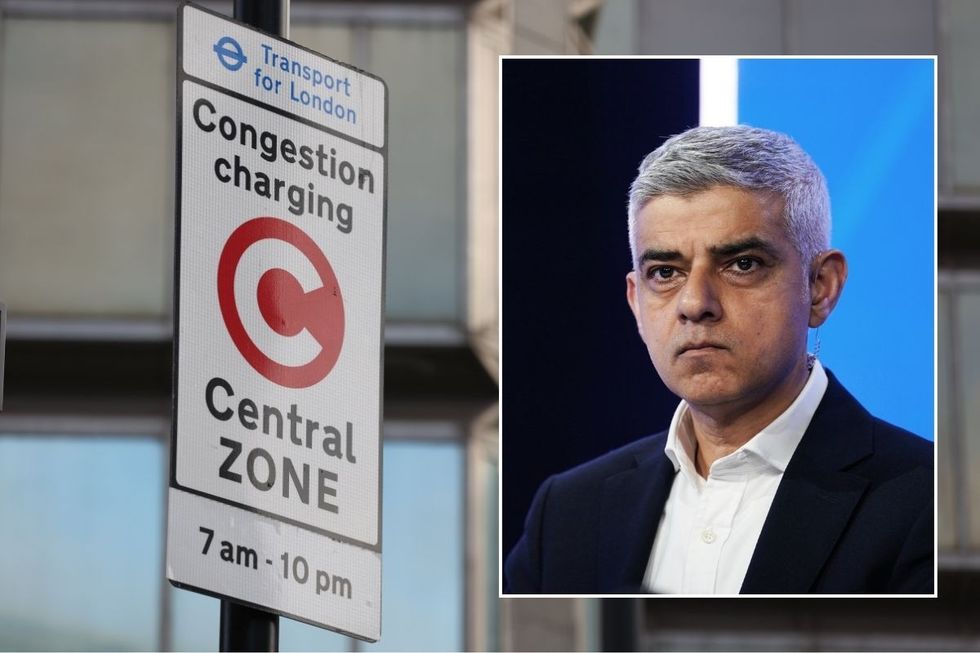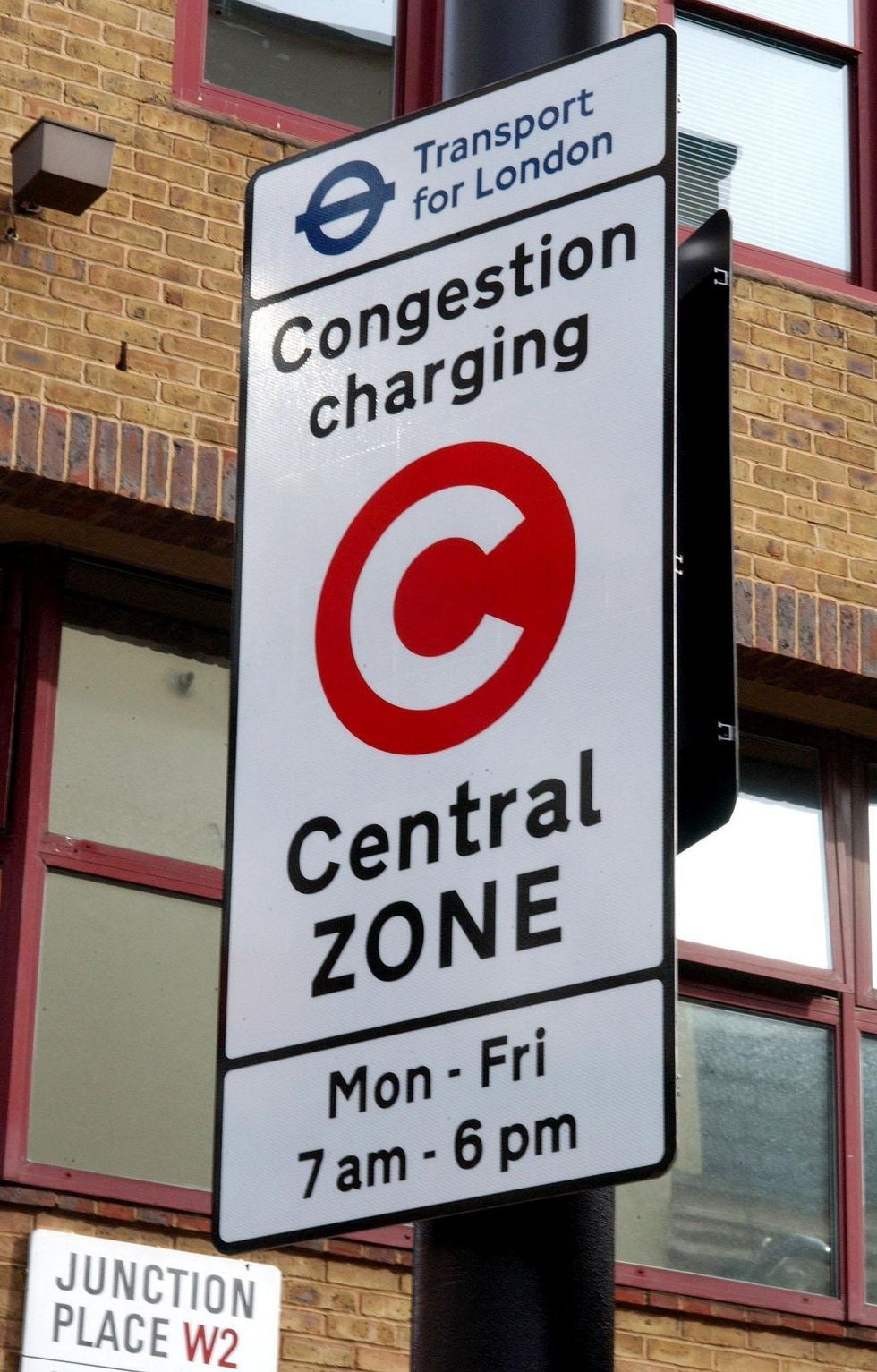Sadiq Khan has confirmed that the Congestion Charge will rise from £15 to £18 a day from January 2 2026, in a blow to thousands of drivers.
The move would mark the first increase in six years, with the 20 per cent rise forming part of a wider reform to London’s road-charging regime.
Future increases will be tied to annual tube fare rises, which City Hall stated will keep public transport “competitively priced” against private vehicle use.
But motoring groups and shared-mobility organisations have reacted angrily, warning the policy will penalise ordinary drivers and threaten the viability of London’s car-sharing schemes.
Alongside the price hike, electric vehicle drivers will lose their long-standing exemption from the Congestion Charge. From the same date, electric cars will qualify for only a 25 per cent discount, while electric vans and lorries will receive 50 per cent off the daily fee.
From March 2030, those discounts will halve again, dropping to 12.5 per cent for cars and 25 per cent for vans and lorries.
Drivers must register with Transport for London’s AutoPay system to receive the discounted rate or pay the full amount automatically if unregistered.
Transport for London argued that the changes are needed to prevent rising congestion as EV ownership surges. Data revealed that the number of electric vehicles registered in the capital has soared from about 20,000 in 2019 to more than 116,000 this year.

Announcing the increase, Sir Khan said: “Keeping London moving by reducing congestion is vital for our city and for our economy.
“While the Congestion Charge has been a huge success since its introduction, we must ensure it stays fit for purpose, and sticking to the status quo would see around 2,200 more vehicles entering the charging zone each weekday.”
He warned that the increase would encourage more sustainable travel throughout London, “as we build a greener, fairer city for everyone”.
However, the UK’s national shared-transport charity Collaborative Mobility UK (CoMoUK) warned the new rules could undermine the capital’s car-sharing network.
LATEST DEVELOPMENTS
- British drivers support increasing speed limit on motorways to 80mph – ‘Ready for a review!’
- Petrol and diesel drivers face price hike as Rachel Reeves urged to axe fuel duty freeze – ‘Do the right thing’
- Chinese car brands ‘winning’ against European rivals as BYD and others see ‘massive growth’

Transport for London confirmed that only “back-to-base” electric car club vehicles — those based within the congestion zone and returned to the same parking bay after use — will retain a full exemption. All other shared cars will be subject to the new £18 fee.
Richard Dilks, chief executive of CoMoUK, said the changes risk “denying Londoners and visitors access to shared cars that cut costs and emissions”.
“While it is welcome that car club EVs resident in the Congestion Charge Zone will not be charged, this covers just a handful of vehicles,” he said.
But Mr Dilks warned that these plans “load more cost onto the capital’s car club fleet” and risk denying Londoners access to shared cars that reduce congestion and improve air quality.

One major operator previously estimated that the combined impact of the higher charge and reduced EV discount would cost around £878,000 over five years.
As part of the new charges, from March 2027, new residents moving into the zone will only qualify for the 90 per cent residents’ discount if they own an electric vehicle. Existing residents will keep the discount regardless of their car type.
But low-income and disabled residents within the zone will remain fully exempt until 2030, whatever vehicle they drive. The Congestion Charge was introduced by then-mayor Ken Livingstone in 2003 at £5 per day. It rose to £10 in 2014, £11.50 later that year, and £15 in 2020.
About 41,000 drivers pay the fee daily, while TfL issues roughly 2,500 fines each day for non-payment — each penalty costing £180. The charge sits alongside the £12.50 Ulez fee as well as new tolls for the Silvertown and Blackwall tunnels, costing between £1.50 and £4 per trip.
Our Standards:
The GB News Editorial Charter







Follow